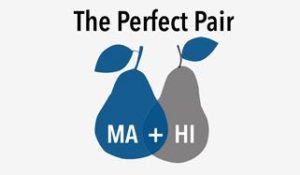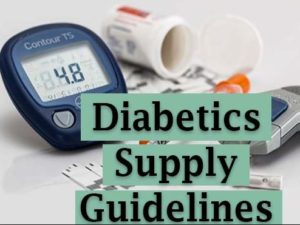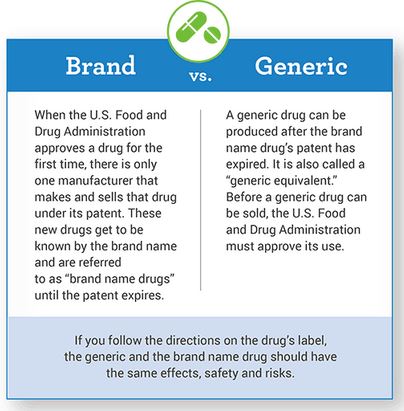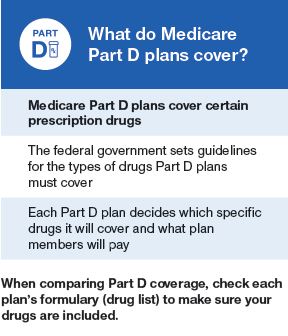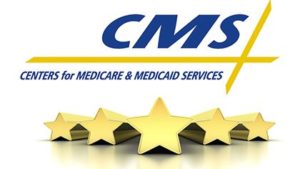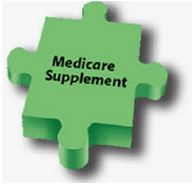
In this post we’ll present the latest Medicare Supplement Statistics.
Medicare Supplement Plans (Medigap Plans) are sold by private insurance companies licensed in your state. The prime purpose of the Medicare Supplement is to protect seniors from high out-of-pocket expenses not covered by Medicare Parts A and B of Original Medicare. These expenses can include deductibles, copayments/coinsurances, and excess charges. Medicare Supplement benefits are paid after Medicare has paid its share of the bill.
Medicare Supplement plans are standardized, meaning that any plan purchased from one insurance company is identical to the same plan bought from any other insurance company. Standardization was introduced in July 1992 with ten uniform packages (Plans A through J). Over the years, plans were revised. The latest revision took place in June 2010. Some plans (such as Plan J) were retired, and the new co-sharing Plans M and N have been introduced. There are ten standardized Medigap plans today (or 11 if you count the Medigap Plan F high-deductible version separately).
Two recently published reports, Trends in Medigap Coverage and Enrollment,2012 (from AHIP) and Mark Farrah Associates Medicare Supplement Healthcare Business Strategy Report, provide interesting Medicare Supplement statistics as of December 2012. Here are the key results from these reports. Read more…








